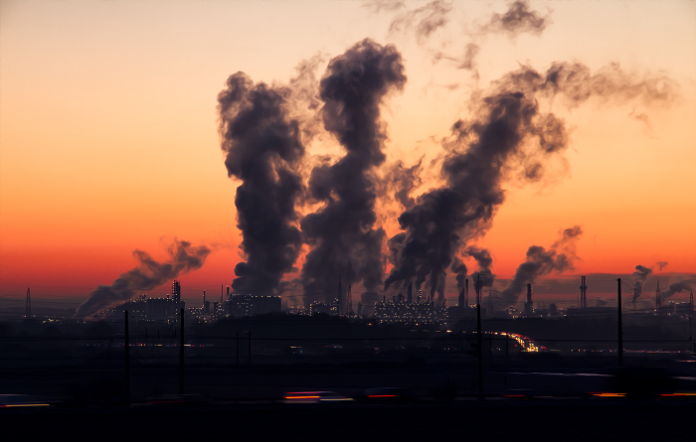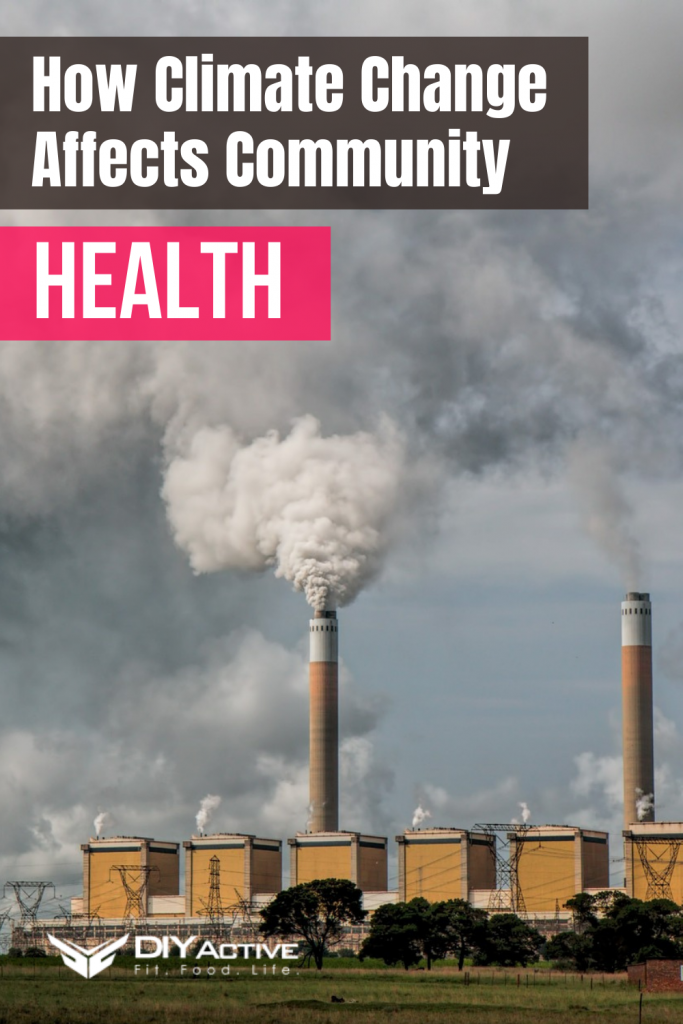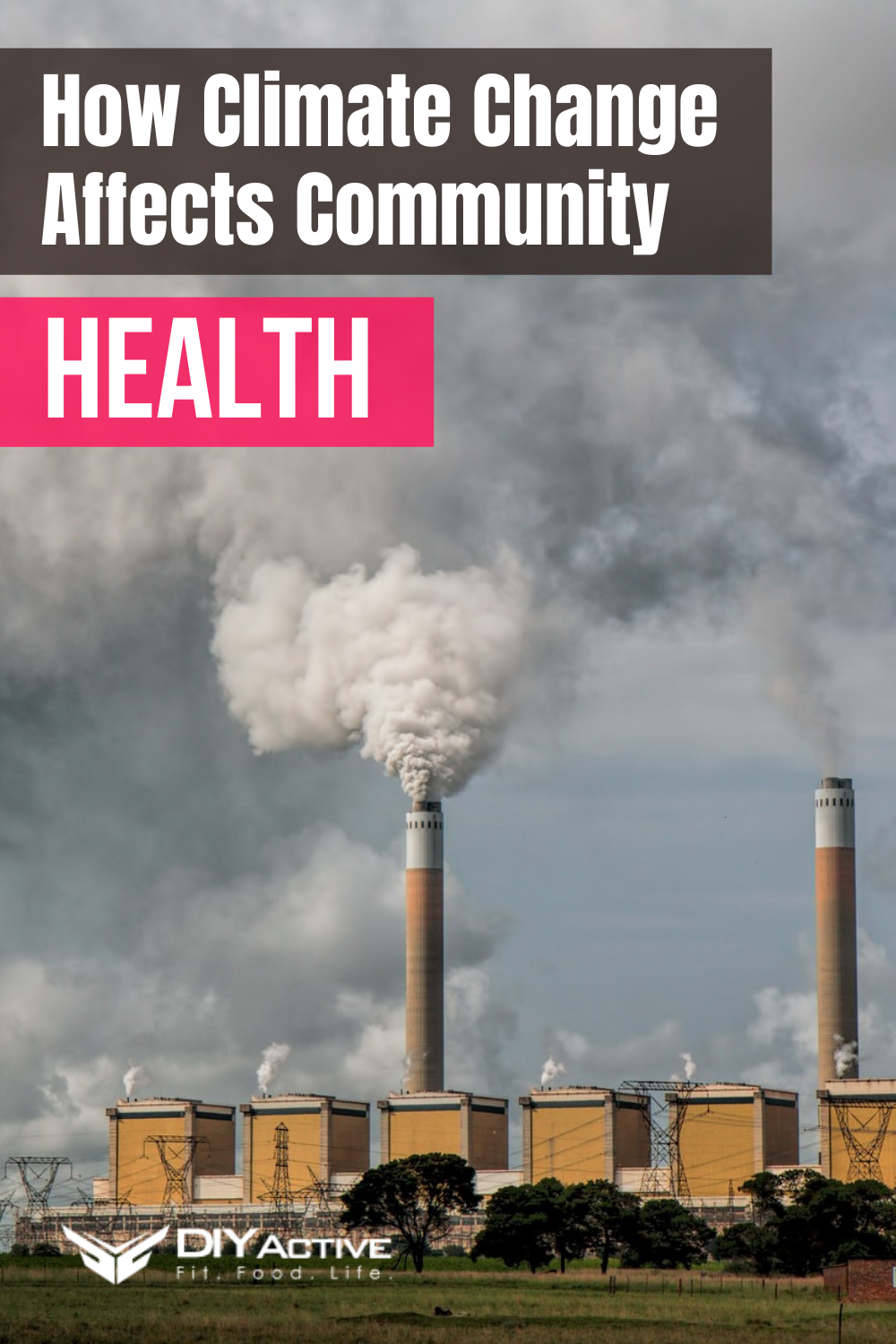
Climate Change and Your Health
Climate change has become a threat to human civilization. We have witnessed a rise and fall in temperature and melting of glaciers. These incidents are starting to influence our health in numerous ways. Climate change will bring new diseases, and it will also make existing ones strong and more resistant to treatment. The risk of how these diseases will affect us will depend on our age, economic resources, and location.
How Climate Change Affects Community Health
Consequently, there will be a lack of balance in the community’s physical, biological, and ecological factors. We will observe a rise in more respiratory infections and cardiovascular diseases, resulting in more health issues.
Therefore, if we wish to safeguard the community, preserve life, and have healthy generations to come, we must understand what threats await us. Here’s what we need to know about the effect on community health due to climate change.
1. An Increase in Air Pollution
Smog is an atmospheric pollutant that not only irritates the eyes but causes difficulty in breathing. People who inhale pollution will stress their lungs to work overtime, causing their lung functions to fall significantly.
There will be more cases of asthma and asphyxiation. Hospitals will face several cases which will be hard to treat. Ultimately, there will be more premature deaths. Factors that affect the ozone layer and bring about this pollution are all manufactured.
Using older cars with leaded petrol, using ACs that emit CFC gases and increasing industries emitting harmful gases into the atmosphere. We need to bring awareness regarding these issues among communities. For that, we need more public health workers.
Moreover, the demand for health workers is increasing rapidly. That is the reason more and more people intend to join the healthcare sector. Aspirants who want to join the healthcare sector can opt for an online MPH to help the community deal with such health issues.
The rising trend of online education allows individuals to continue their current job with their studies.
2. More Pollen and Air Borne Allergens
There will be a drastic increase in pollen concentration and possibly a longer pollen season. People allergic to pollen will experience many allergic reactions such as hay fever which causes increased sneezing, congestion, and a runny nose.
The population may also get conjunctivitis, which is when the linen of the eye gets inflamed due to pollen or exposure to other allergens. Symptoms of conjunctivitis include red and watery eyes, which itch heavily. There will also be widespread asthma attacks that may require hospitalization and diminish productive workdays.
 Pollen season also may encourage mold to grow indoors, inviting more respiratory illnesses to worsen asthma or stress the lungs.
Pollen season also may encourage mold to grow indoors, inviting more respiratory illnesses to worsen asthma or stress the lungs.
3. More Water-Borne Illnesses
Contaminated water can make people severely ill. Climate change increases the risk of water bodies getting contaminated due to frequent rains, surface runoff, and even storms.
People may face gastrointestinal illnesses like diarrhea and even long-term kidney damage. It means people drinking water from the same water bodies may get sick. Illnesses due to contaminated water are hard to fight off.
4. The Threat of Food Security
Climate change will threaten food exposure and even deprecate the quality of food. The crop yield is also predicted to decline because the extreme temperatures make it difficult for crops to thrive and even bring about weeds and pests.
There will also be a decline in livestock and fish since their survival is also at risk if the food production cannot keep up with the demands. As a result, food and water prices are expected to rise, and in some cases, there may be a widespread famine. When people cannot get their demands met, it leads to increased violence and criminal activity.
5. Mental Health Takes a Blow
The surrounding environment also impacts our mental health. The rise and fall of temperature make it difficult for us to keep up with climate change. There may even be cases of seasonal depression.
Some people can’t keep up with the extreme temperature change and may even fall sick and are also at risk of getting a heat stroke or frostbite. Weather changes also restrict movement causing people to get isolated, which doesn’t translate well.
In many cases, this can cause severe mental conditions and an increased tendency of suicide. Take the coronavirus, for example. Because temperatures did not expect the virus, it continued to thrive and keep people isolated from each other.
As a result, people began risking their lives and got sick, or people took more precautions and felt like an outcast.
6. Increase in Wildfire
Forests are becoming increasingly vulnerable. There is now a high chance of woods catching fire due to extensive drought and high temperatures. Wildfires emit carbon monoxide, nitrogen oxide, and other organic compounds that may increase respiratory conditions and cardiovascular diseases.
Breathing in smoke can cause your esophagus lining to sustain burns which in turn may compromise your health. The heart and the lungs are delicate organs. When they get abused, it is hard for you to recover and go back to living like you used to.
You no longer have the liberty to enjoy some intense exercises. Activities may need assistance in breathing and, even in some cases due to a heart failure, a pacemaker.
Wrap-Up
Climate change can bring humanity to its knees. The outbreak of diseases, shortage of food, increase in temperature, and natural disasters all stack against us. As humans, we need a specific temperature and certain environmental conditions to thrive.
Climate change comes along and removes all these factors making it difficult for us to survive. We may get respiratory illnesses, an increase in allergic reactions, and even heart conditions.
In more severe cases, we may accidentally consume contaminated food and water, which takes a toll on our health, making us weak and increasing the likelihood of death.



